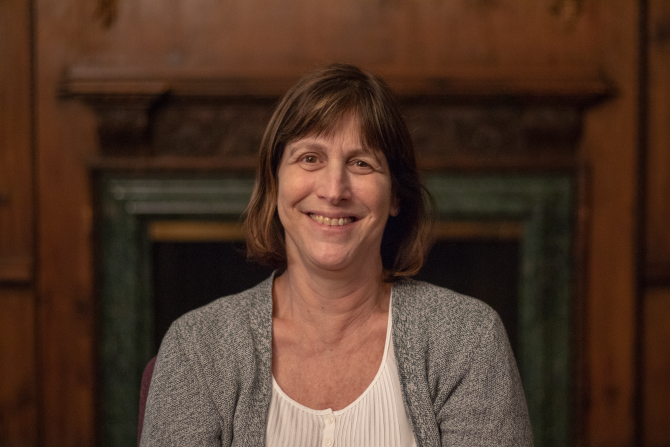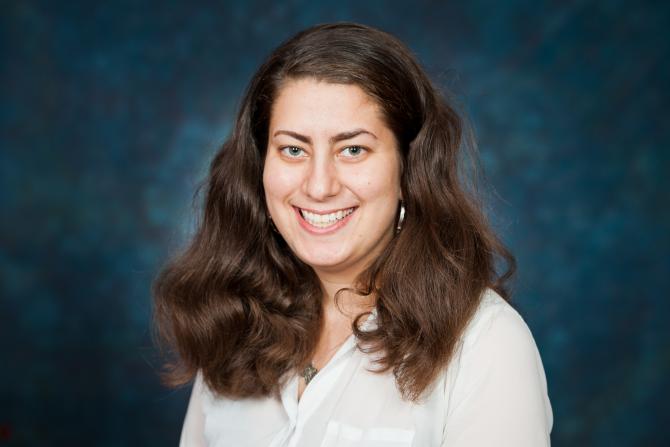Donna Cephas and Sarah Brammer-Shlay, students at the Reconstructionist Rabbinical College, received $20,000 and $10,000, respectively, through the Auerbach Entrepreneurial Grant program from the College. The grant program offers RRC students and recent graduates the funding, supervision and support to engage in social entrepreneurship and to turn innovative ideas into reality.
Donna Cephas is leading a team of interfaith women to develop a mixed media, narrative portrait exhibit of Jewish, Muslim and Christian women living and working in Jerusalem. The exhibit includes photos, storytelling and a short film that provides highlights of their narratives, woven together as a tapestry. Cephas felt that often, the voices of women and those who are feminine-identified were missing in portrayals of life in Jerusalem by the media and public discussion. Her project enables people to engage with the ancient city through the lived experiences of women of different faiths. The portraits facilitate conversation about Israel on many levels and motivate people to share their own narratives.
Cephas enriches the exhibit through offering moderated learning sessions that build on the material, creating spaces where people feel safe sharing their own experiences and identities. There will be varying protocols for different types of communities and age groups. Each learning protocol draws people into a dialogue, where they can begin to know each other or deepen their existing relationships. Engaging with the narratives opens up possibilities for more interaction with the particular community.
Sarah Brammer-Shlay’s project offers an intimate, community-based approach to exploring concepts around God. Her project began with a $2,000 Ignition grant in 2018, where she ran a set of interviews in which she asked millennial Jews about their relationship with and connection to God. Drawing from these conversations, Brammer-Shlay developed a program to open up space to share personal experiences with God in a collective setting. “In many Jewish communities, we avoid talking explicitly about God,” said Brammer-Shlay, “but this is actually a topic that is craved.”
Her project involves the creation of “God Cafes,” informal gatherings in Chicago, Washington DC, Providence, Minneapolis, Philadelphia and Pittsburgh in which participants gather to share stories and experiences with God. Brammer-Shlay will begin each cafe presenting the research she has done so far, then share a few common themes from the oral interviews, including “awe,” “loss,” and “doubt.” Then, she will offer a cultivated reflection space for people to discuss their personal relationships and moments with God, designed to fit the number and experience of participants. Eventually, Brammer-Shlay hopes to create a model for these conversations that will be used independently by communities and congregations, opening a space for people to speak openly about different meaningful experiences with God.









